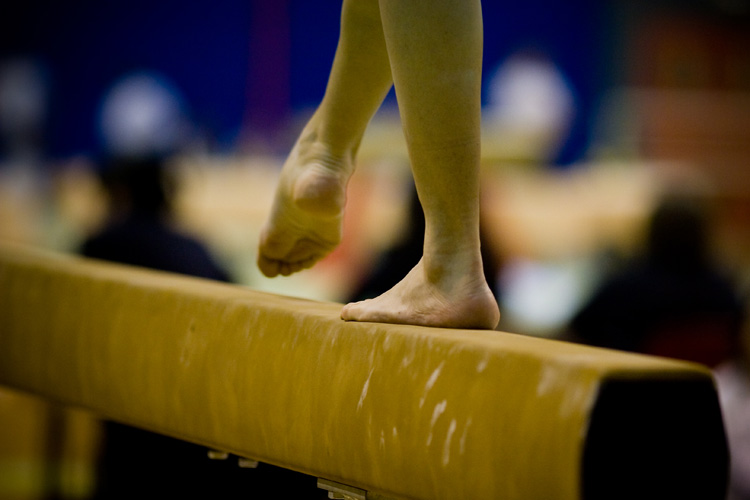In my last post I shared some of my learning over many years about my overly cautious attitude toward failure. In a nutshell, I was way too conservative over much of my life, which led to learning less and achieving less than I might have otherwise if I had been more willing to risk failure.
I suspect this tendency comes not only from my wiring but also from a lack of positive support and challenge growing up. I’m sure it didn’t help that my engineering education was so focused on math and logic, where errors are easily identified and then counted against you.
It may sound like I’m grieving my past, but that’s not the case. I’m okay with who I am and who I was—in fact I feel very fortunate to have had the past I’ve had. But that doesn’t mean I shouldn’t try to get better all the time. Once I started to realize the cost of my risk-averse nature, I decided to work at changing.
In my previous post I promised that I would share a question I ask myself that has helped me grow and take more risk. As I wrote this post, I realize that there are several questions I find helpful when I’m considering doing something that I believe is right and have a passion for, but feels risky. I use the questions below for myself and for my clients:
- What’s the worst thing that could happen if I failed at this thing? Could I survive it?
- What’s the best thing that could happen if I attempted this? What positive difference would that make?
- What are the odds that I would fail and what are the odds that I would succeed?
- After considering these questions, does it seem like it’s worth the risk?
- And finally, a big one: What would I do if I didn’t see failure as such a bad thing? (In fact, maybe I could come to believe that failing periodically is a good thing as long as I gave my best effort.)
In my first post on failure I mentioned how important it is for athletes to learn to fail well. I suspect this is true for artists and musicians as well. As a tennis player, if I’m unable or unwilling to handle some level of failure, I’ll never be able to fully develop my talents. If I hit 100 percent of my first serves in the court, that means I’m not being aggressive enough and won’t become as good as I could be.
I use an analogy with clients about metal alloys that might be helpful. For those of you who don’t know, an alloy is a metal that contains some impurities. It’s almost pure, but not quite. Pure aluminum isn’t as strong as an aluminum alloy (where a few impurities make it stronger). I believe this is true for humans as well. Some failure, like the impurities in the alloy, make us stronger.
If I do a perfect job at something, perhaps I missed the opportunity to achieve at a higher level because I was unwilling to risk failure. If I’ve never messed up and had to ask for someone’s forgiveness, perhaps my relationships would not be as strong as they would if I needed grace and understanding from others. Maybe relationships are similar to alloys as well.
Pondering these things has helped me do things I never would have considered in my distant past. They’ve helped me make some bold moves that definitely could have led to very difficult situations. This includes saying yes to being a keynote speaker, which I’ve now done several times. It includes having said yes to recording a weekly radio spot on the topic of leadership, which was broadcast in seven states. And the biggest one, taking a big risk on starting my first-ever company at the age of fifty-seven when I still needed a steady income.
As I grow in this area, it hits me that maybe some of you have this same challenge.
Do you see failure as something that needs to be avoided at all costs? That’s where I used to be. I hope that some of you see failure as something worth risking in order to do something that’s really important.
And maybe healthier yet, maybe some of you recognize some level of failure as a good thing—in a weird kind of way—as it will help you grow and allow you to go after big things that are worthy of the risk.
I have one last question for you. What might you need to do that might require this kind of courage in order to propel you to be a better leader? We would love to hear some of your thoughts or some of your recent examples
I hope you found this to be helpful. Be great this week!
Rodg
Image by Raphael Goetter. Used under CC by 2.0 license.


Recent Comments